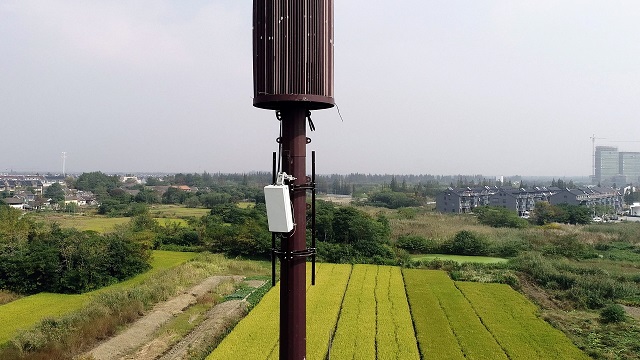Telecom operator KPN said it will not use Huawei equipment to build its core 5G mobile network.
 Earlier, media reports from Britain indicated that UK’s leading telecom operators such as BT/EE and Vodafone will not be sourcing core 5G mobile network from Huawei as part of the strategy to ensure more security to their mobile networks.
Earlier, media reports from Britain indicated that UK’s leading telecom operators such as BT/EE and Vodafone will not be sourcing core 5G mobile network from Huawei as part of the strategy to ensure more security to their mobile networks.
KPN, the Netherlands’ largest telecom operator, said Huawei would supply only 5G radio equipment because it is less sensitive.
KPN indicated that it will consider Western suppliers including Ericsson and Nokia for the supply of the core 5G mobile network. KPN did not mention about Samsung, which is also trying to build its telecom network business in Europe.
KPN has decided to remove equipment supplied by China’s Huawei from its existing core mobile telecommunications network at the same time as it upgrades to 5G technology, Jan Kees de Jager, chief financial officer of KPN, said on Friday.
KPN CFO indicated that dropping Huawei, a key telecom equipment vendor, would not lead to greater procurement costs.
KPN plans to use Huawei to supply non-core radio equipment. De Jager argued that Nokia, Ericsson and other suppliers would be as affordable as Huawei for the 5G infrastructure. In fact, Nokia CEO Rajeev Suri yesterday said the company is facing tough price competition in the 5G market, Reuters reported.
KPN Chief Financial Officer Jan Kees de Jager said the decision took into account concerns heard in the Dutch political debate and was in line with the stance to be taken by the United Kingdom, according to leaked government plans.
“They see the core networks as somewhat more critical than the radio access networks,” said De Jager, who served as the Netherlands’ Finance Minister from 2010-2012.
The Dutch government has yet to take a stance on the issue, though the head of the country’s intelligence agency this month warned against buying technology from Russia or China, countries whose spying activities he said threatened national security.
Though Huawei has been a key network supplier to KPN over the past decade, De Jager argued the company’s purchasing costs would not rise by excluding Huawei in favor of companies such as Nokia and Ericsson for its core equipment.
The core of a 5G network is where the most critical controls are located and the most sensitive information is stored, while the periphery includes masts, antennas and other passive equipment.
The Dutch government set up a task force with KPN and other major operators in the Netherlands this month to analyze the “vulnerability of 5G telecommunications networks to misuse by technology vendors … and measures needed to manage risks”.
The government is expected to make a statement on its position on the use of Chinese technology by the end of June.
There’s no latest update available from rival telecom operators such as Vodafone, Telfort, T-Mobile and Tele2 in the Netherlands. If the Dutch government takes a decision against China-based telecom network suppliers, Vodafone, Telfort, T-Mobile and Tele2 will also be deciding against Huawei.
